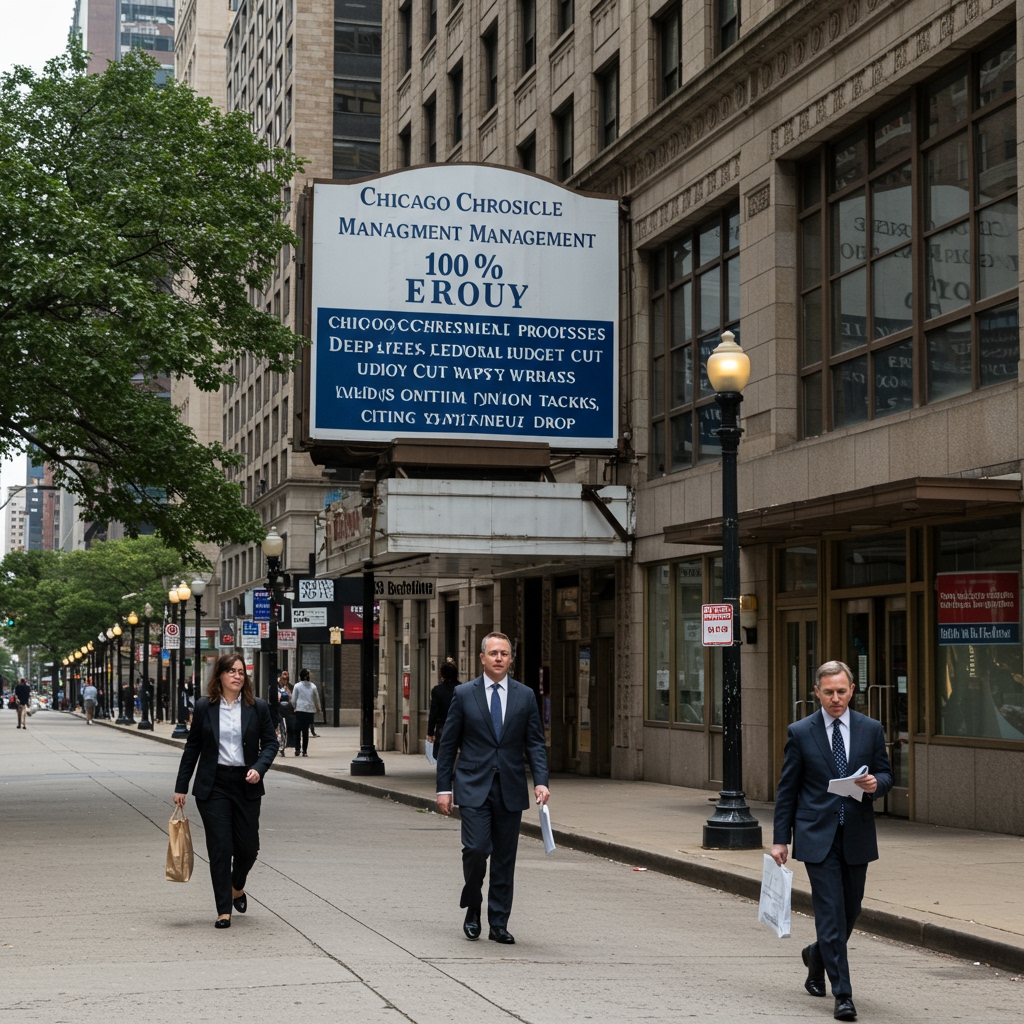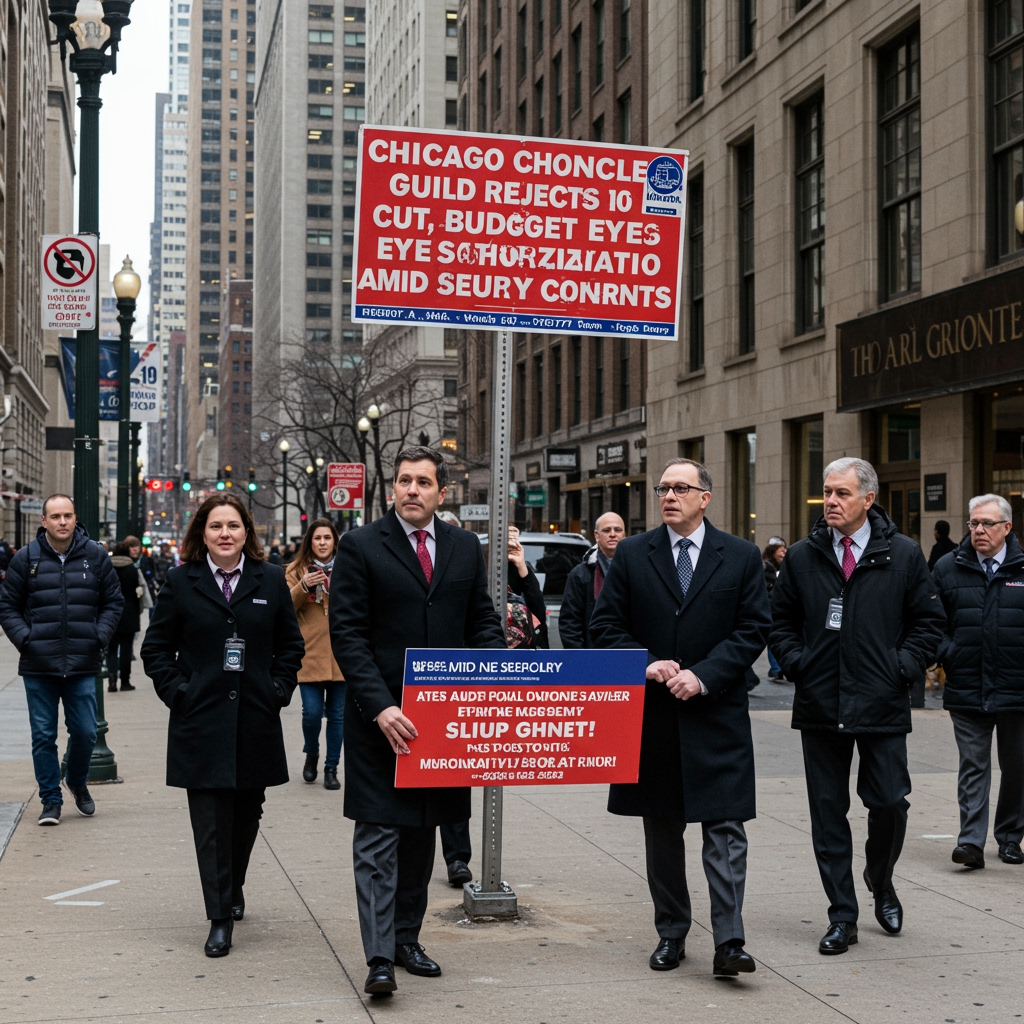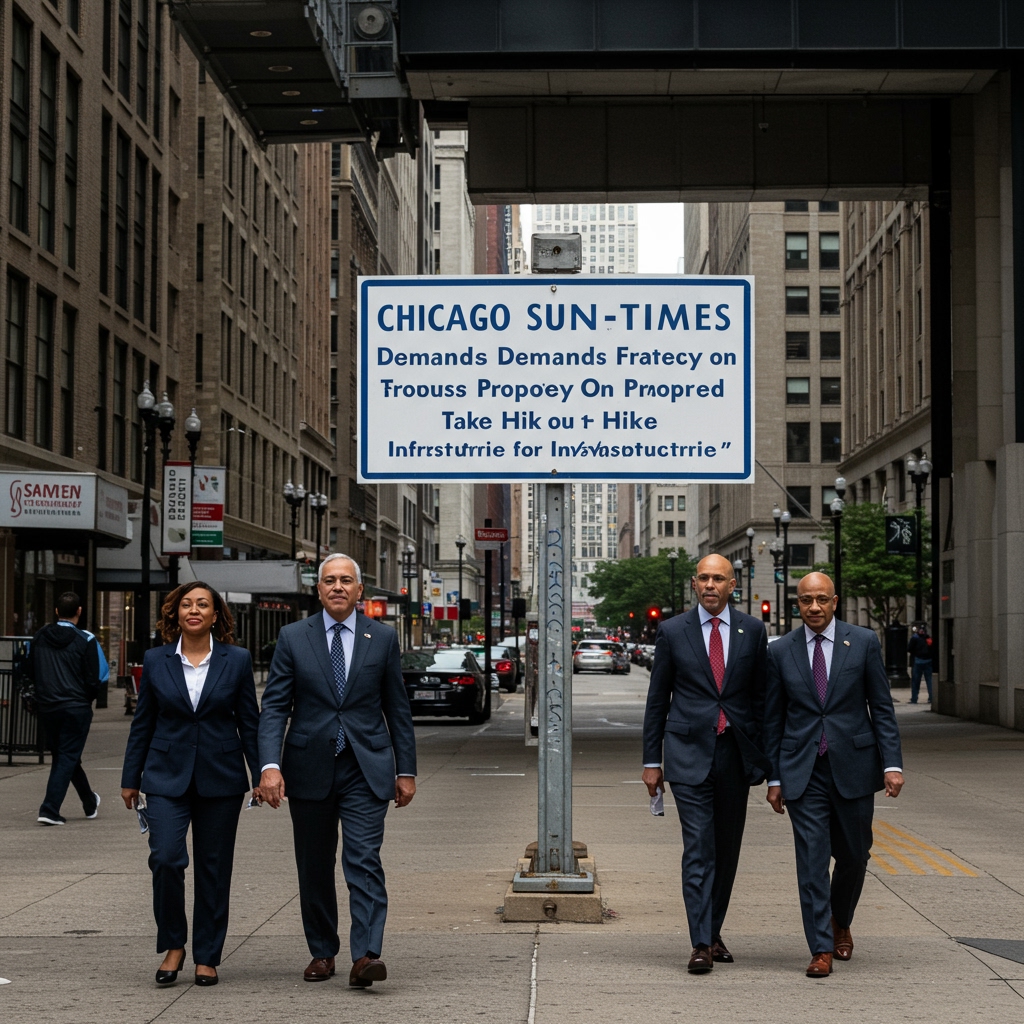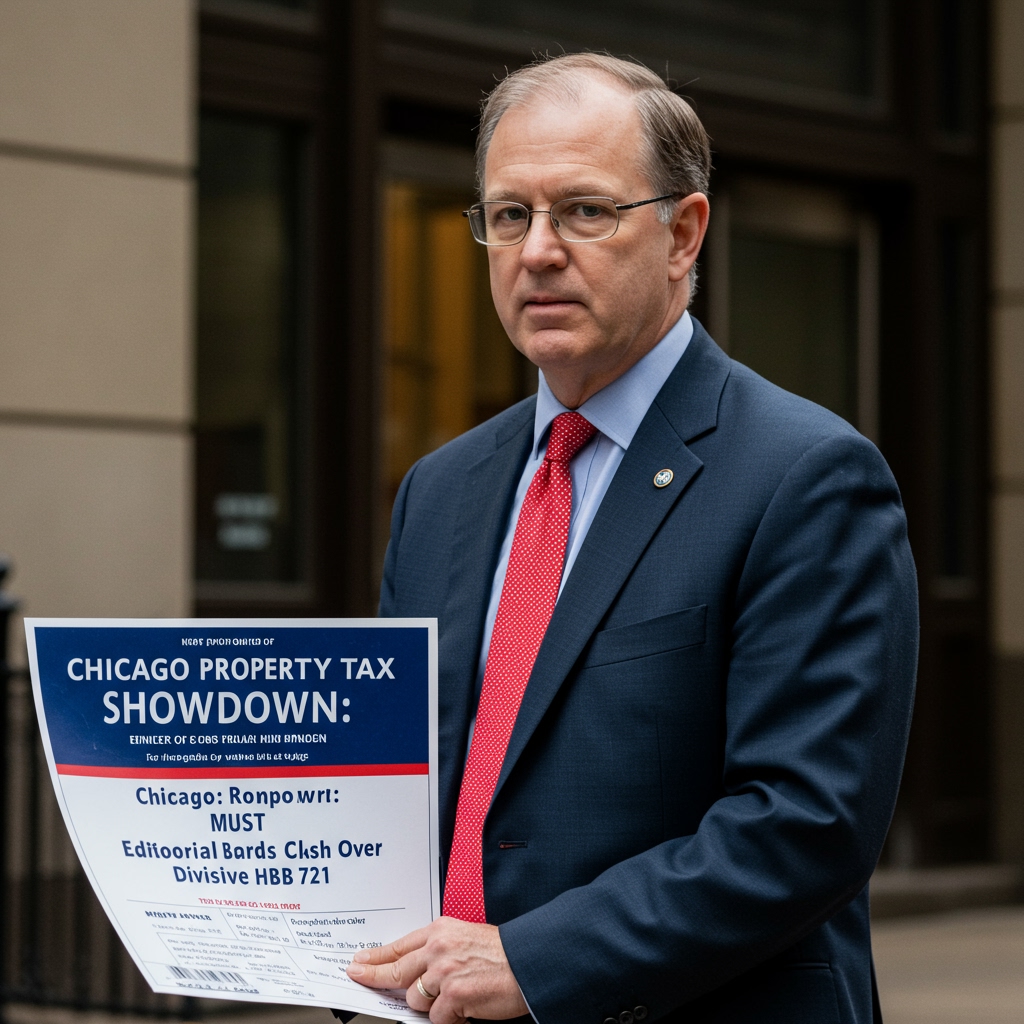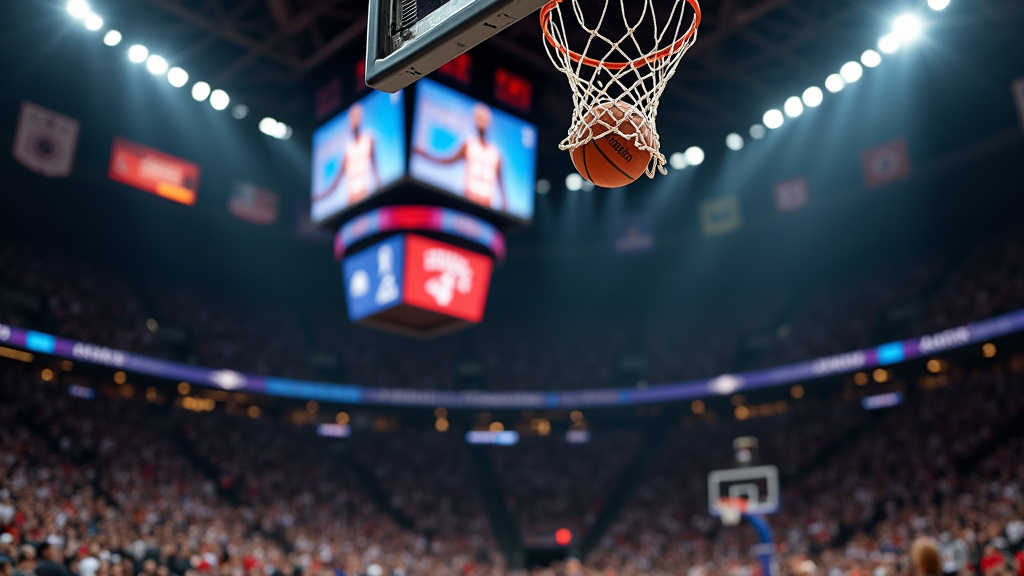SPRINGFIELD, IL – As the calendar turns to July, ushering in the new fiscal year in Illinois, residents are bracing for a series of significant state tax increases set to impact a wide array of consumers and businesses. Beginning July 1, drivers, sports bettors, vapers, and users of short-term rental platforms like Airbnb will face higher costs as mandated by the state’s recently approved budget.
The tax hikes are part of Illinois’ substantial $55.2 billion budget, signed into law by Gov. J.B. Pritzker. The increases cover a diverse range of activities and products, reflecting the state’s efforts to bolster revenue streams. However, the measures have drawn criticism from some quarters regarding their potential burden on taxpayers and their implications for the state’s economic competitiveness.
The Chicago Tribune Editorial Board has characterized these new taxes as an “unwelcome summertime pest,” arguing that such recurring tax increases are likely to continue until the state prioritizes making Illinois an affordable place to live and work over what the board views as short-term political convenience.
Key Tax Hikes Taking Effect
Several specific tax increases are slated to take effect immediately with the start of the new fiscal year:
Fuel Tax Increase: Drivers across the state will see the state’s motor fuel tax rise. The tax per gallon is increasing by 1.3 cents, pushing the total state gas tax to 48.3 cents per gallon. This incremental increase, tied to inflation, impacts daily commuting costs and goods transportation.
Sports Betting Tax Adjustment: The tax structure for sports wagering is undergoing a significant change. According to the details provided, the sports betting tax is increasing to 25 cents per wager, with the rate doubling to 50 cents if a sportsbook exceeds 20 million wagers. This revised tax aims to capture more revenue from the rapidly growing sports betting industry.
Tobacco and Vapor Product Tax Hike: Users of traditional tobacco products, as well as modern nicotine delivery systems, will face higher costs. The tax on tobacco products is rising from 36% to 45% of the wholesale price. This increase specifically includes vapes and nicotine pouches, reflecting a broader approach to taxing nicotine consumption.
Telecommunication Tax Increase: The tax on telecommunications services is also set to climb. The rate is increasing from 7% to 8.65%. This specific tax hike is designated to fund the 988 suicide/crisis hotline, aiming to provide dedicated resources for mental health and crisis intervention services.
New Short-Term Rental Tax: Users of platforms facilitating short-term residential rentals, prominently including services like Airbnb, will incur a new expense. A new 6% hotel tax is being added to these transactions, aligning short-term rental accommodations more closely with the tax structure applied to traditional hotels and lodging.
Editorial Perspective and Broader Context
The implementation of these diverse tax increases occurs within the context of Illinois’ extensive $55.2 billion budget. The budget, approved by state lawmakers and signed by Governor Pritzker, outlines the state’s spending priorities and revenue projections for the upcoming fiscal year.
The Chicago Tribune Editorial Board’s critical stance highlights a persistent debate within Illinois regarding fiscal policy and the state’s economic environment. By labeling the taxes an “unwelcome summertime pest,” the editorial board underscores the direct impact on consumers during a season typically associated with leisure and increased travel. Their argument that the cycle of new taxes will continue until the state makes affordability a primary focus suggests a call for broader structural reforms rather than what they perceive as incremental revenue generation measures.
Critics argue that consistently raising taxes on a variety of goods and services can potentially deter investment, encourage residents to leave the state, and disproportionately affect lower-income individuals and families.
Conversely, proponents of the budget and the associated tax measures contend that these revenues are necessary to fund essential state services, address existing fiscal challenges, and invest in critical infrastructure and social programs, such as the 988 crisis hotline funded by the telecommunication tax increase. They might also argue that specific taxes, such as those on tobacco/vapes and sports betting, target activities that some view as non-essential or potentially harmful, making them appropriate sources for state revenue.
Anticipating the Impact
The cumulative effect of these tax increases, while seemingly modest on an individual basis for some categories, could represent a noticeable additional cost burden for households and businesses, particularly for those who are regular consumers of the affected goods and services.
Drivers will feel the pinch at the pump, albeit slightly. Sports bettors and the platforms they use will navigate the new wagering tax structure. Users of nicotine products, including the increasingly popular vaping devices, will pay more. Individuals relying on telecommunication services will see a marginal increase on their bills. And those opting for short-term rentals for travel within Illinois will face an added lodging expense.
As the new fiscal year commences on July 1, Illinois residents and businesses will begin to experience the tangible effects of the state’s latest budgetary decisions, prompting renewed discussions about the balance between state revenue needs and the cost of living and doing business in the state.


